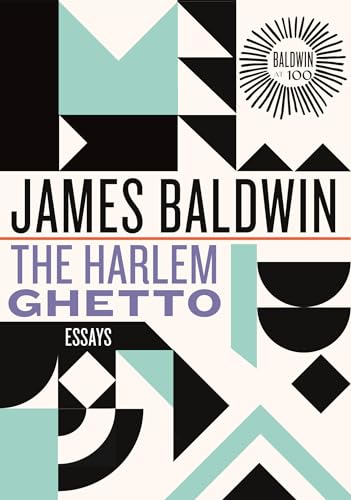
Author

Librarian Note: There is more than one author in the Goodreads database with this name. See this thread for more information. James Arthur Baldwin was an American novelist, essayist, playwright, poet, and social critic. James Baldwin offered a vital literary voice during the era of civil rights activism in the 1950s and '60s. He was the eldest of nine children; his stepfather was a minister. At age 14, Baldwin became a preacher at the small Fireside Pentecostal Church in Harlem. In the early 1940s, he transferred his faith from religion to literature. Critics, however, note the impassioned cadences of Black churches are still evident in his writing. Go Tell It on the Mountain, his first novel, is a partially autobiographical account of his youth. His essay collections Notes of a Native Son, Nobody Knows My Name, and The Fire Next Time were influential in informing a large white audience. From 1948, Baldwin made his home primarily in the south of France, but often returned to the USA to lecture or teach. In 1957, he began spending half of each year in New York City. His novels include Giovanni's Room, about a white American expatriate who must come to terms with his homosexuality, and Another Country, about racial and gay sexual tensions among New York intellectuals. His inclusion of gay themes resulted in a lot of savage criticism from the Black community. Eldridge Cleaver, of the Black Panthers, stated the Baldwin's writing displayed an "agonizing, total hatred of blacks." Baldwin's play, Blues for Mister Charlie, was produced in 1964. Going to Meet the Man and Tell Me How Long the Train's Been Gone provided powerful descriptions of American racism. As an openly gay man, he became increasingly outspoken in condemning discrimination against lesbian and gay people. On November 30, 1987 Baldwin died from stomach cancer in Saint-Paul-de-Vence, France. He was buried at the Ferncliff Cemetery in Hartsdale, near New York City.